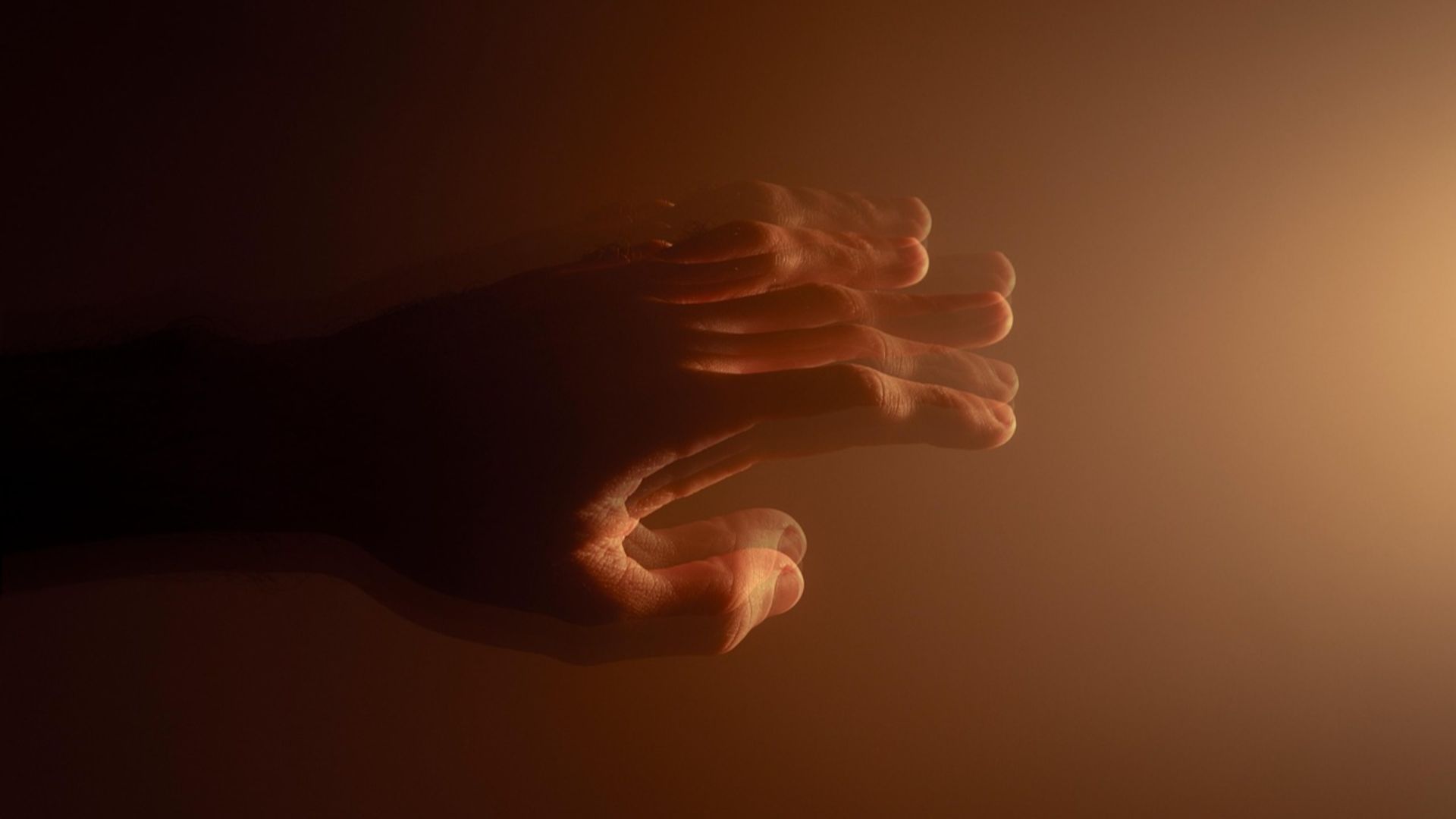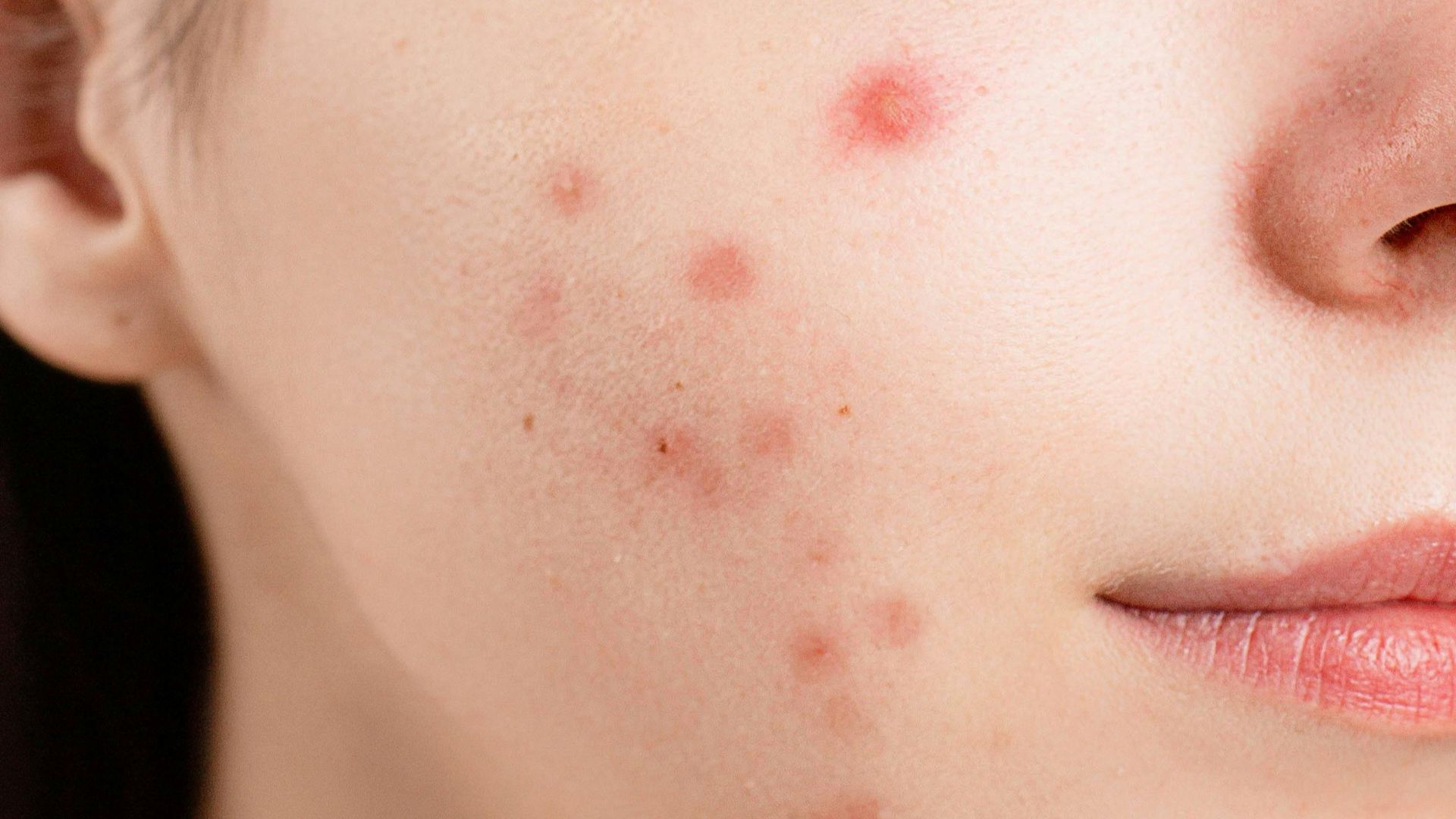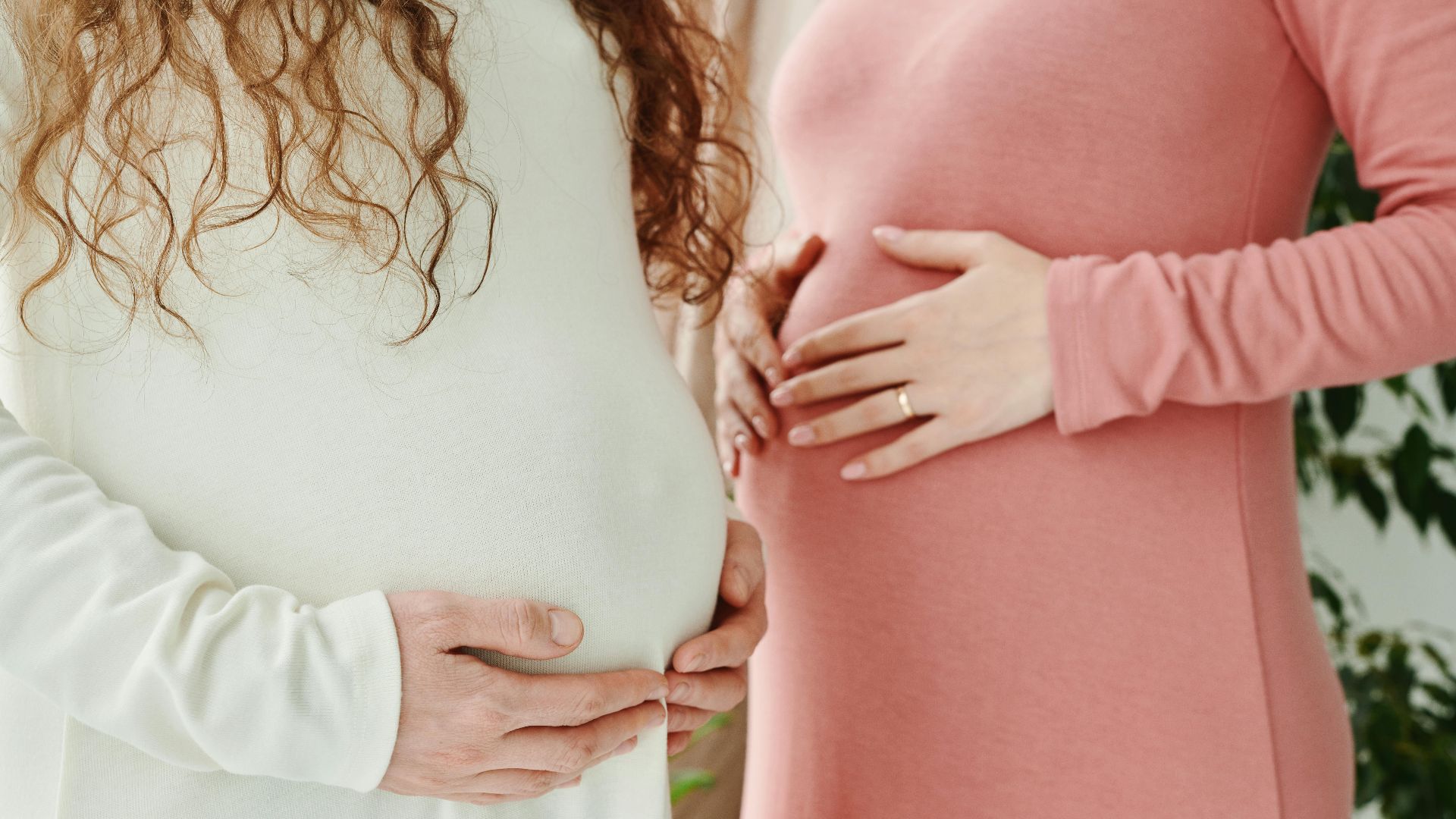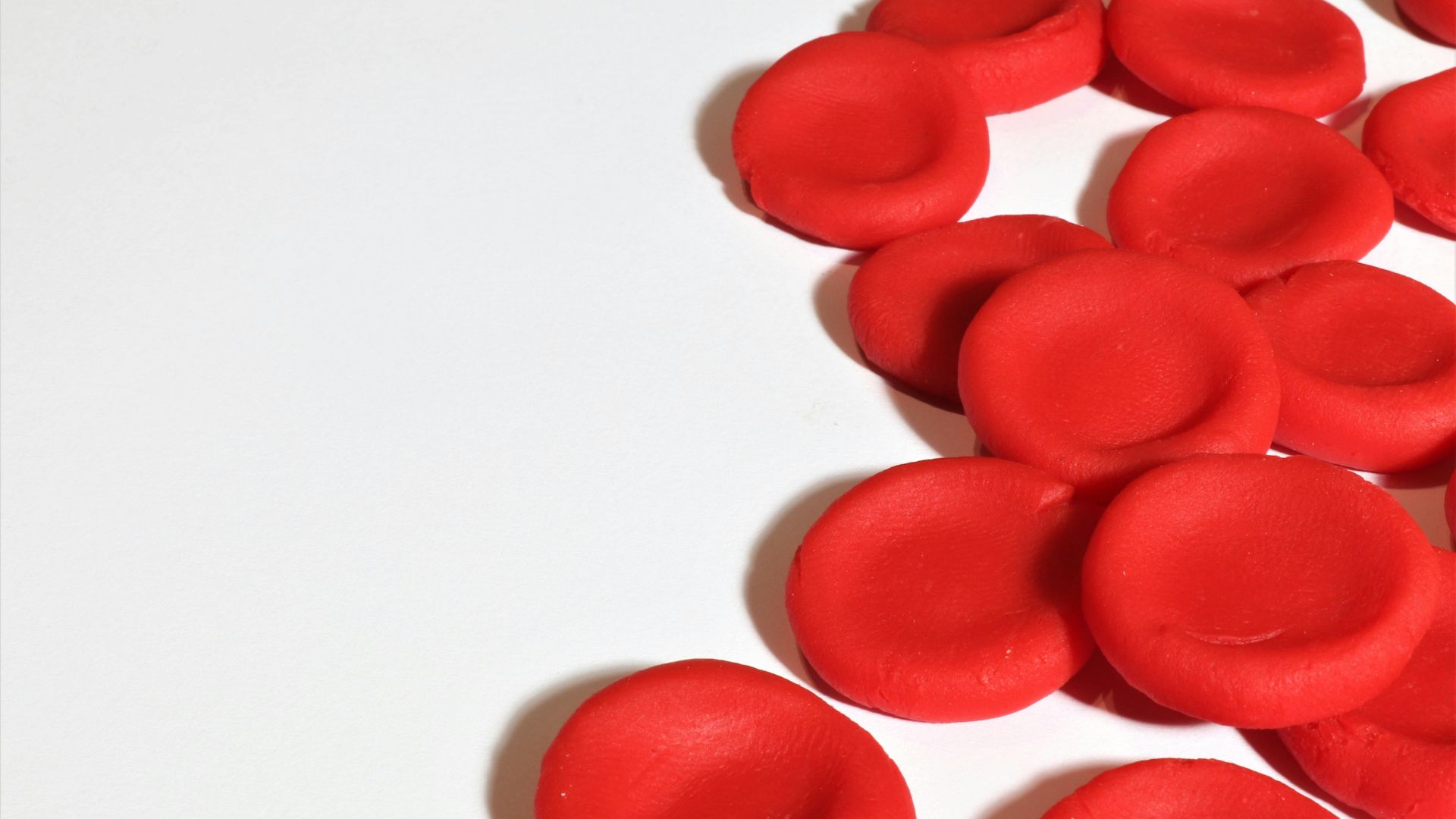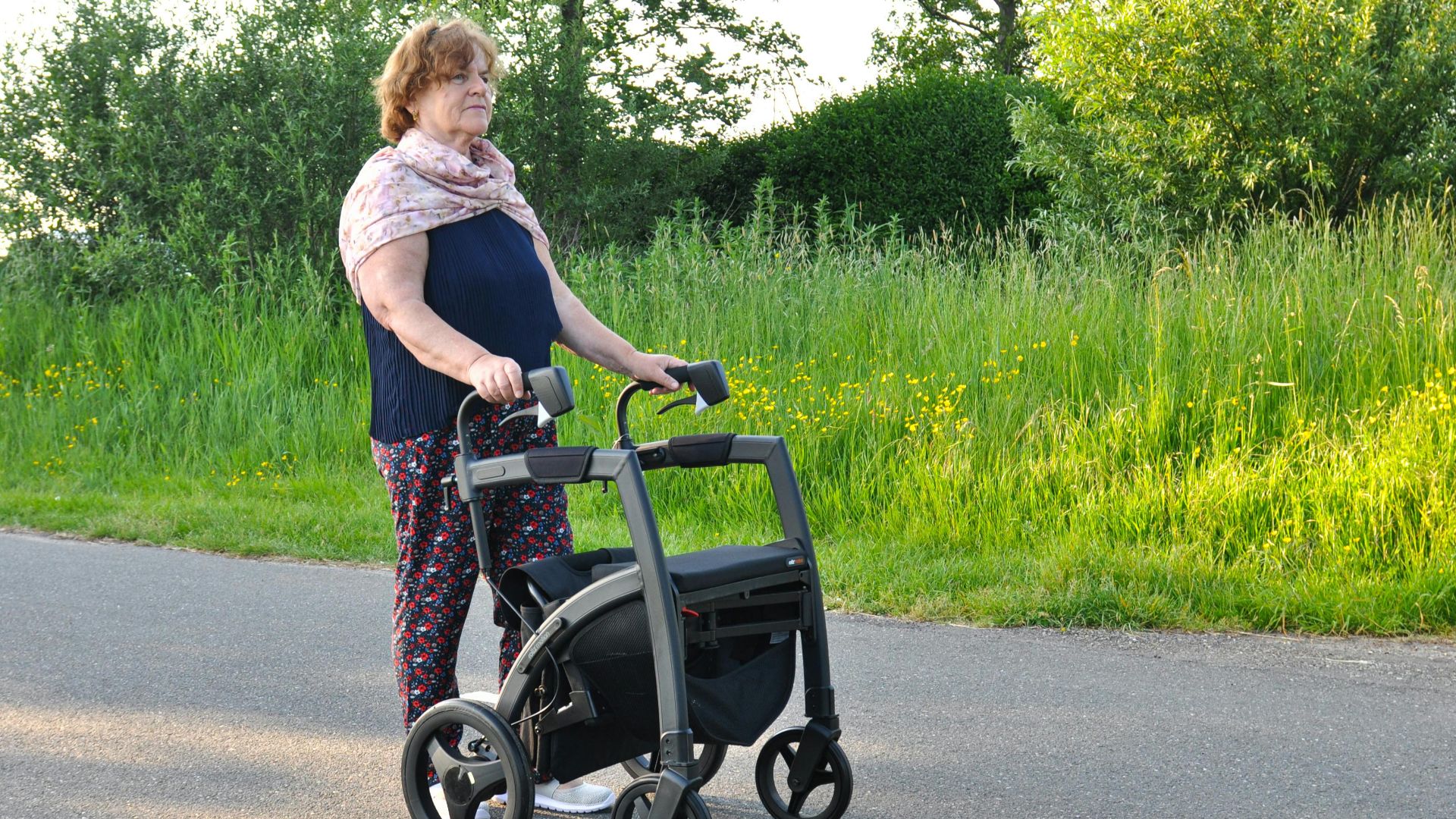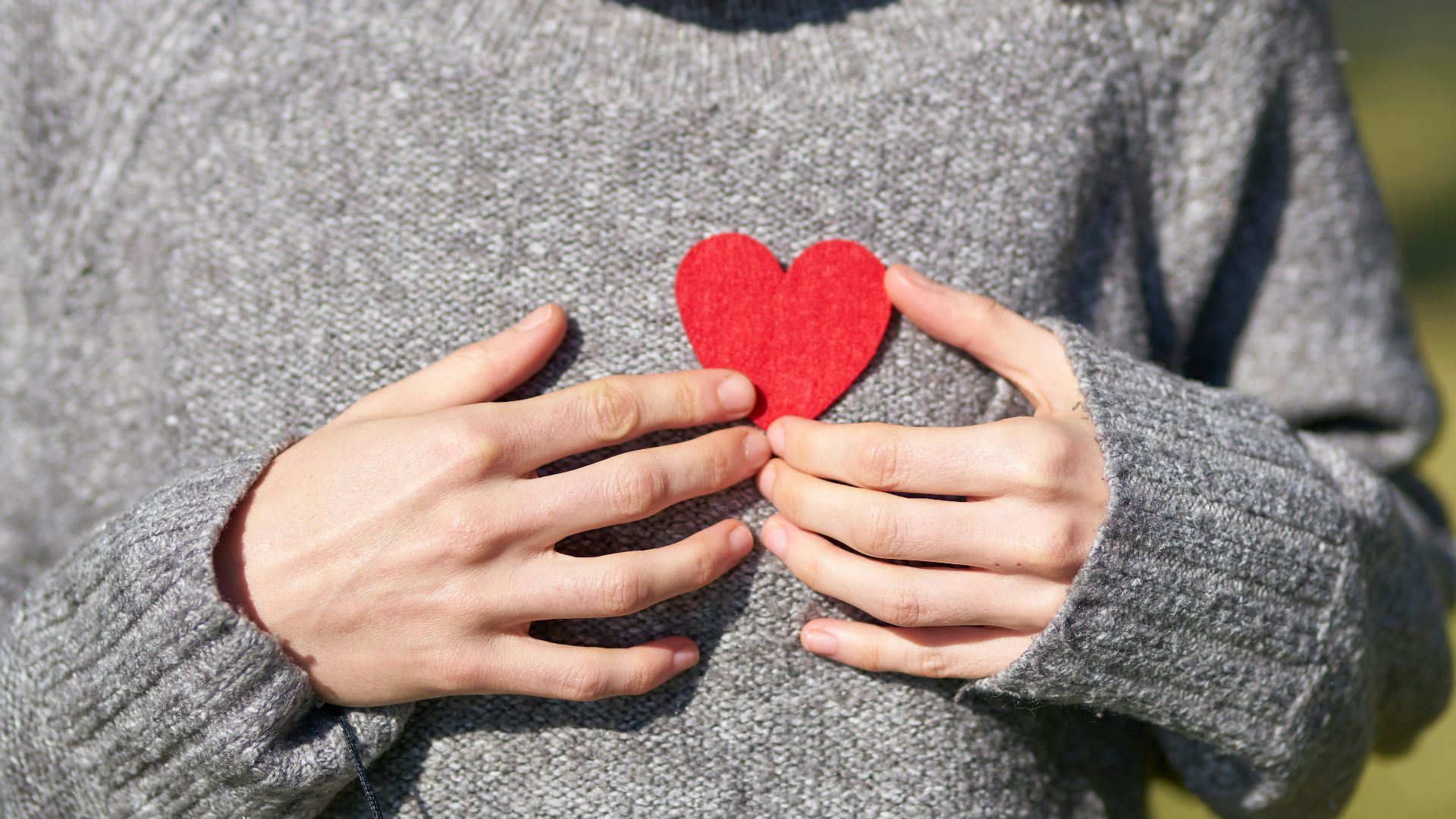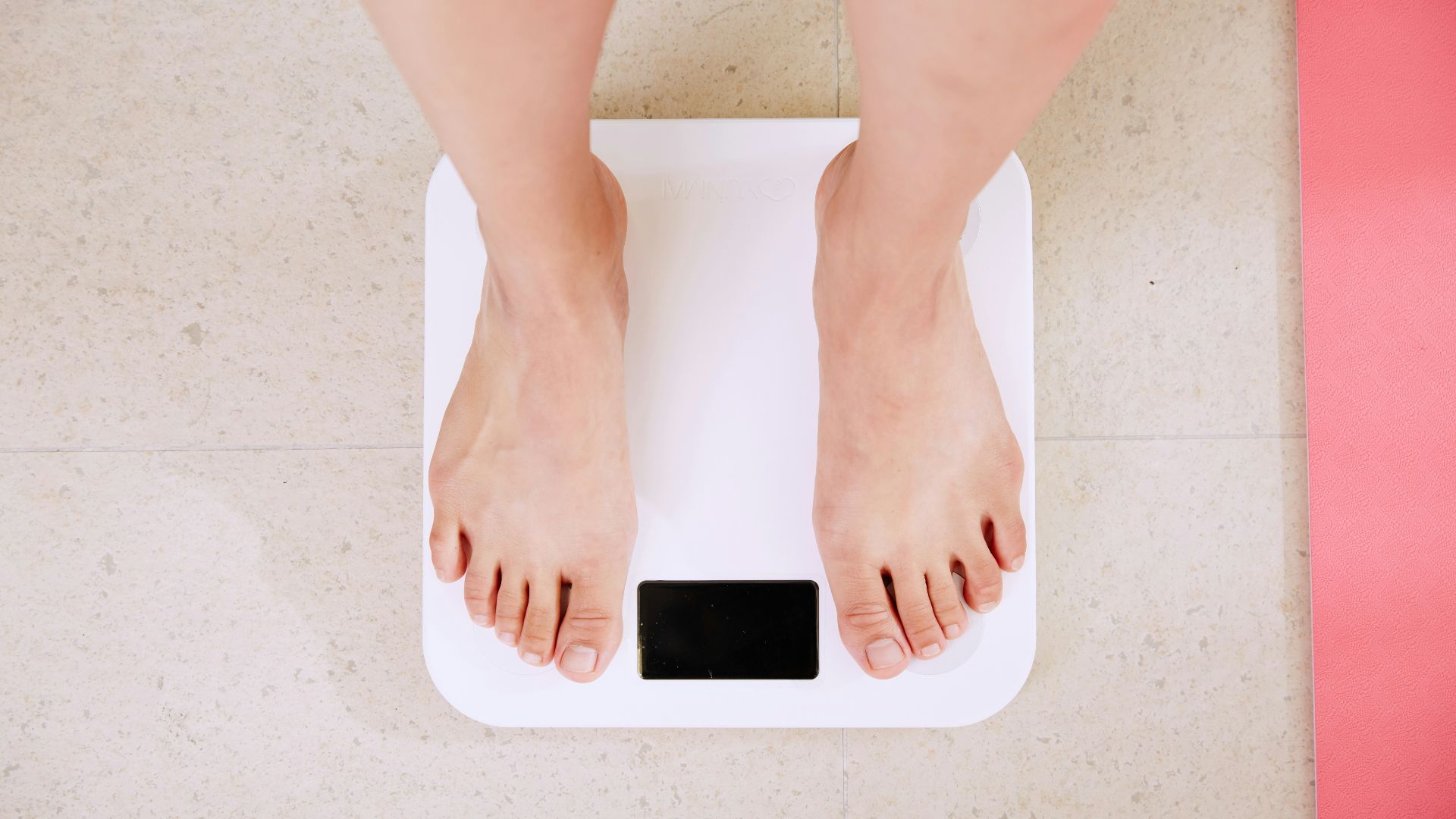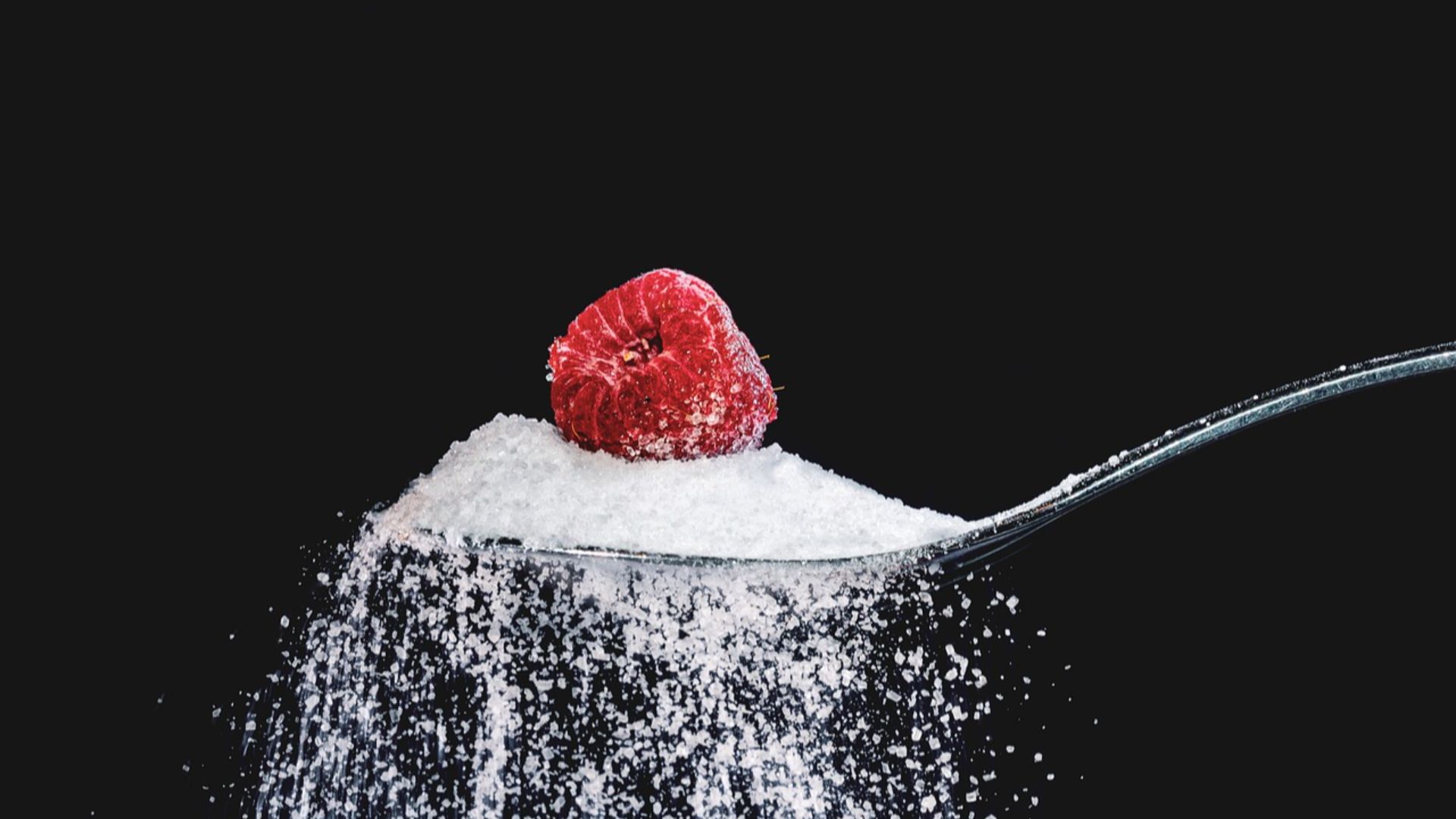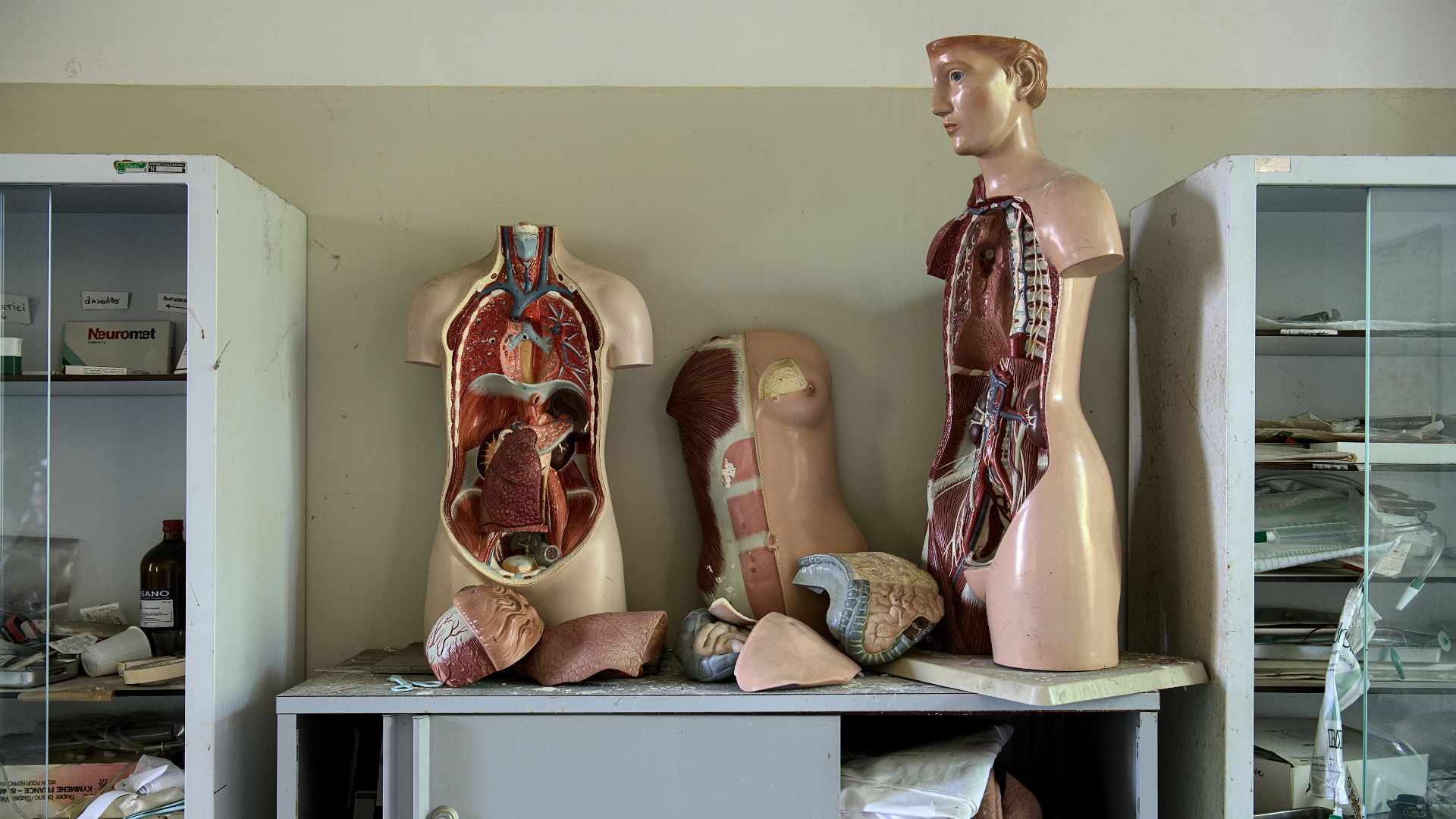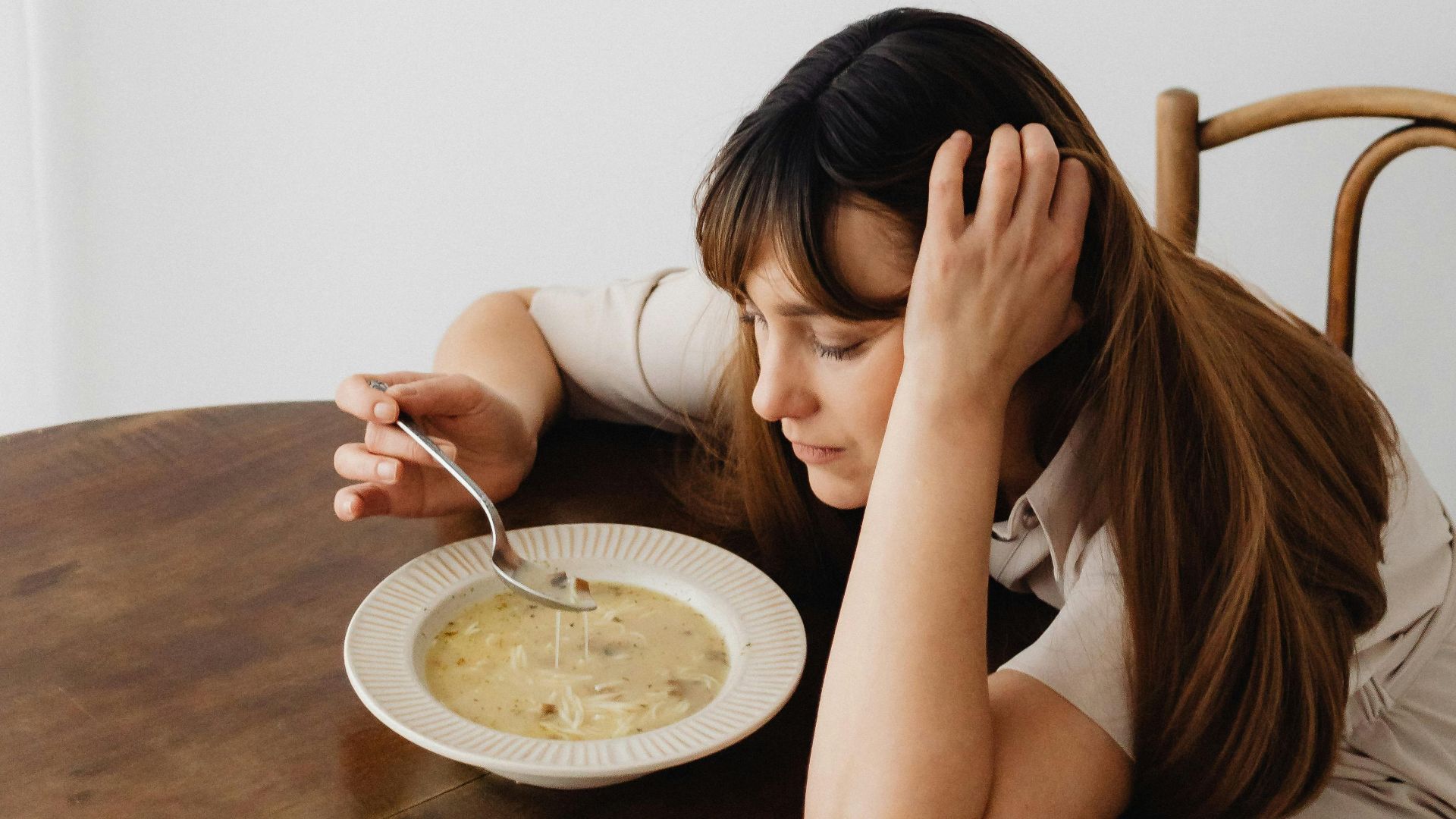The Bitter Truth About Caffeine
Are you a coffee or tea addict? Delicious as your morning cup may be, it's important to know what it does to your body—what you learn might change your mind. While there's no clear-cut answer as to whether caffeine is good or detrimental to your health, here are 10 harmful and beneficial effects caffeine has on your body that you should know about.
1. Trigger Arrhythmia
Caffeine can raise your heart rate and blood pressure due to the release of noradrenaline and norepinephrine. While most people can tolerate this sudden increase, others may experience palpitations, a type of arrhythmia that feels like fluttering in the chest or an extra beat.
2. Cause Tremors
Drinking too much caffeine can also cause tremors. This is due to its stimulating effects, which can lead to quivers like the "coffee jitters" if you drink too much of it. If you have a diagnosed condition that already causes shaky hands, it's likely best not to consume too much caffeine.
3. Worsen Skin Health
Consuming too many beverages with caffeine can cause dehydration since it has a diuretic effect on the body, leading to increased urination. With dehydration also comes dry skin and irritation, especially if you already have existing skin issues, such as acne or eczema.
4. Cause Eye Twitching
Have you ever noticed your eye twitching after drinking too much caffeine? While this is usually nothing to worry about and can be caused by stress and lack of sleep, caffeine could also be at fault. Eye twitching usually comes and goes and resolves in a couple of days, but if it persists, reach out to your doctor.
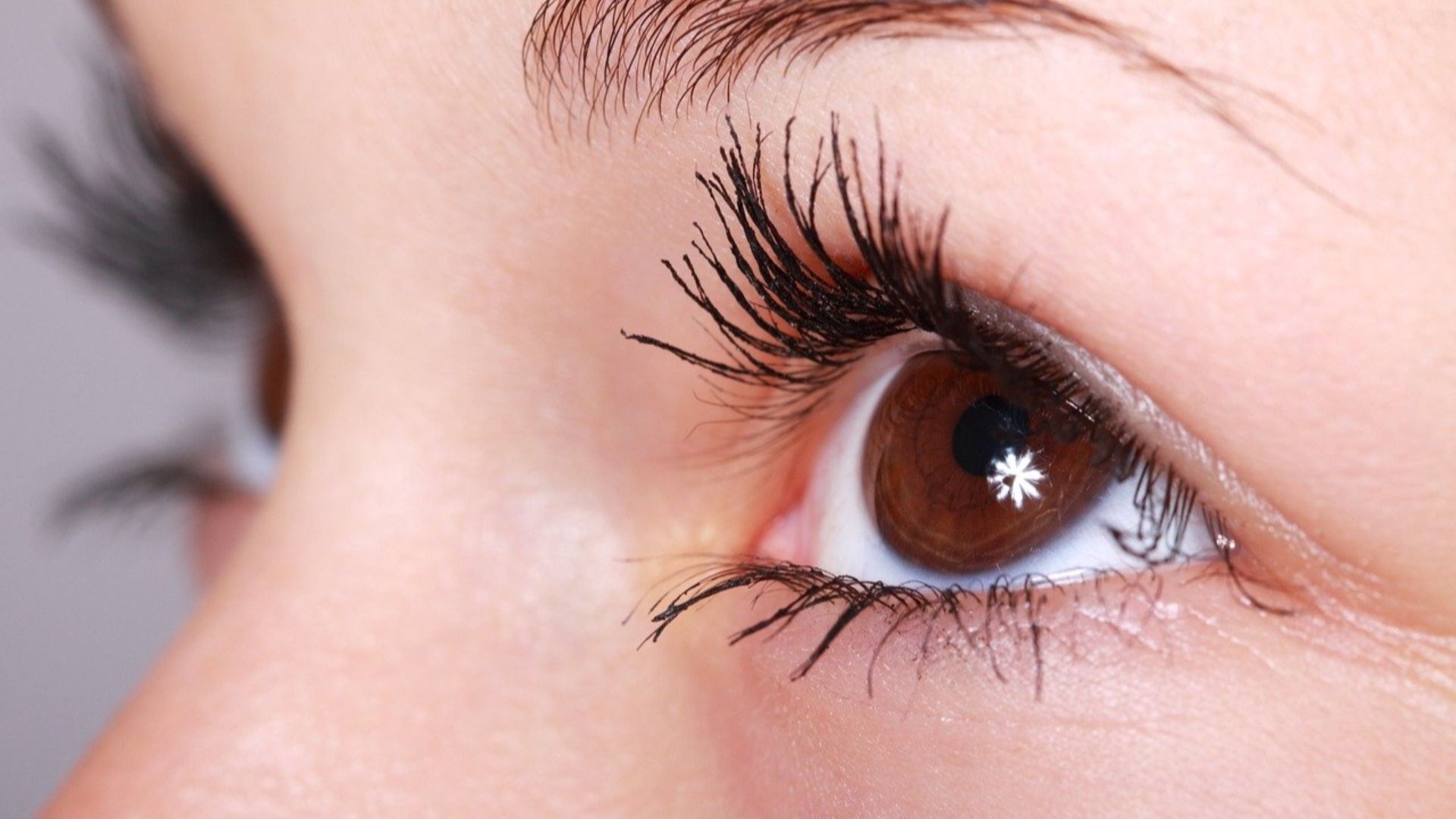 PublicDomainPictures on Pixabay
PublicDomainPictures on Pixabay
5. Trigger Migraines & Headaches
Caffeine causes your blood vessels to constrict and increases blood flow to the brain, bringing on a headache. This isn't so clear cut, though: for some, caffeine provides pain relief and treats headaches and migraines, while for others the complete opposite occurs.
6. Affect Fertility
While the link between caffeine and infertility is still being researched, some studies have found that regularly drinking too much coffee, tea, or other caffeinated beverages can make it harder to become pregnant and may raise the risk of miscarriage. If you're planning to become a parent, it's probably best to cut your caffeine intake down.
7. Worsen ADHD Symptoms
If you have attention-deficit/hyperactivity disorder (ADHD), caffeine may help or worsen your symptoms. For one, while caffeine may boost concentration in some people with ADHD, poor sleep and increased feelings of anxiety can exacerbate ADHD.
8. May Contribute to Iron Deficiency
Are you anemic or iron deficient? If you are, it might be best to quit or decrease your caffeine consumption. Drinking too many caffeinated beverages may inhibit iron absorption due to tannins in tea and coffee binding to the iron and carrying it out of the body.
9. Mood Swings & Emotional Blunting
Caffeine can also cause mood swings. You may feel incredibly anxious one moment, then irritated the next. That being said, it could suppress your emotions as well, making it harder to feel empathy, happy, or sad. In other words, it may numb your emotions.
10. May Negatively Affect the Immune System
Though drinking coffee in moderation can have positive effects on your immune system, overconsumption of caffeine could have negative setbacks. For one, caffeine increases the amount of cortisol in your body, leading to a weakened immune system.
Now that we've covered the harmful effects of caffeine, let's jump into some benefits that drinking caffeinated beverages bring.
1. Lower Risk of Parkinson's Disease
Though excessive caffeine can lead to temporary tremors, having the occasional cup or two of coffee or tea can actually lower your risk of developing Parkinson's disease. Studies have found that caffeine helps protect cells that produce dopamine, and it's low levels of this neurotransmitter that primarily causes Parkinson's.
2. Could Help with Depression
Caffeine can help with depression as well. This again has to do with dopamine: because caffeine increases the production of dopamine in the brain, you may be more likely to feel energetic and lively. Studies have also found that it may lower the risk of death by suicide.
3. Decrease Risk of Colon Cancer
Colon cancer—cancer of the large intestine—is one of the deadliest cancers and the third most common cancer in both men and women in the US. Drinking just two (or more) cups of coffee each day, however, may be able to decrease your risk of developing this type of cancer. The risk is even lower if you choose decaffeinated.
 https://www.cdc.gov/cancer/colorectal/basic_info/what-is-colorectal-cancer.htm on Wikimedia
https://www.cdc.gov/cancer/colorectal/basic_info/what-is-colorectal-cancer.htm on Wikimedia
4. Could Prevent Heart Failure & Stroke
Despite caffeine being associated with increased heart rate, higher blood pressure, and arrhythmias, studies have found that caffeine could lower the risk of heart disease, stroke, and heart failure. Knowing this, drinking your morning cup of Joe has never felt so good—just make sure to not overdo it.
5. May Help with Weight Loss
Drinking caffeine may alter the way your body stores fat, meaning it can help with weight management. Studies have found that coffee drinkers were more likely to have decreased body fat, especially in men. So if you're trying to lose weight, caffeine just might be the way to go.
6. Keeps Your Energy Levels Up
It's no shocker that caffeine boosts our energy. In fact, drinking caffeinated drinks can help us power through looming deadlines, sleepless nights, and groggy mornings. Even then, don't become too reliant on caffeine or your body may start to react differently.
7. Lower Risk of Type 2 Diabetes
Along with lowering your risk of heart disease, stroke, and heart failure, caffeine may also lower your chances of getting type 2 diabetes. Plus, aside from being rich in nutrients, it's believed that beverages like coffee are able to preserve beta cells in your pancreas, the cells that make insulin which is responsible for regulating blood sugar.
8. May Protect Liver
Research has also found a link between regular caffeine consumption and better liver health. In particular, those who drink at least two cups of coffee a day may see a lower risk of liver scarring and cancer. Plus, the more cups you drink, the lower your chance of developing chronic liver disease.
9. Can Act as Pain Relief
Caffeine can act as a painkiller as it blocks specific adenosine receptors, which trigger sensations of aches, stings, and twinges. Caffeine can also reduce inflammation in the body. It's no wonder why it's used to treat headaches, migraines, and other conditions.
10. Prevent Gallstones
Gallstones are small stones typically made of cholesterol and found in the gallbladder, While you shouldn't drink caffeine if you already have gallstones, having your regular cup of Joe can encourage contractions in the gallbladder, which could prevent cholesterol from forming into crystals and becoming gallstones.
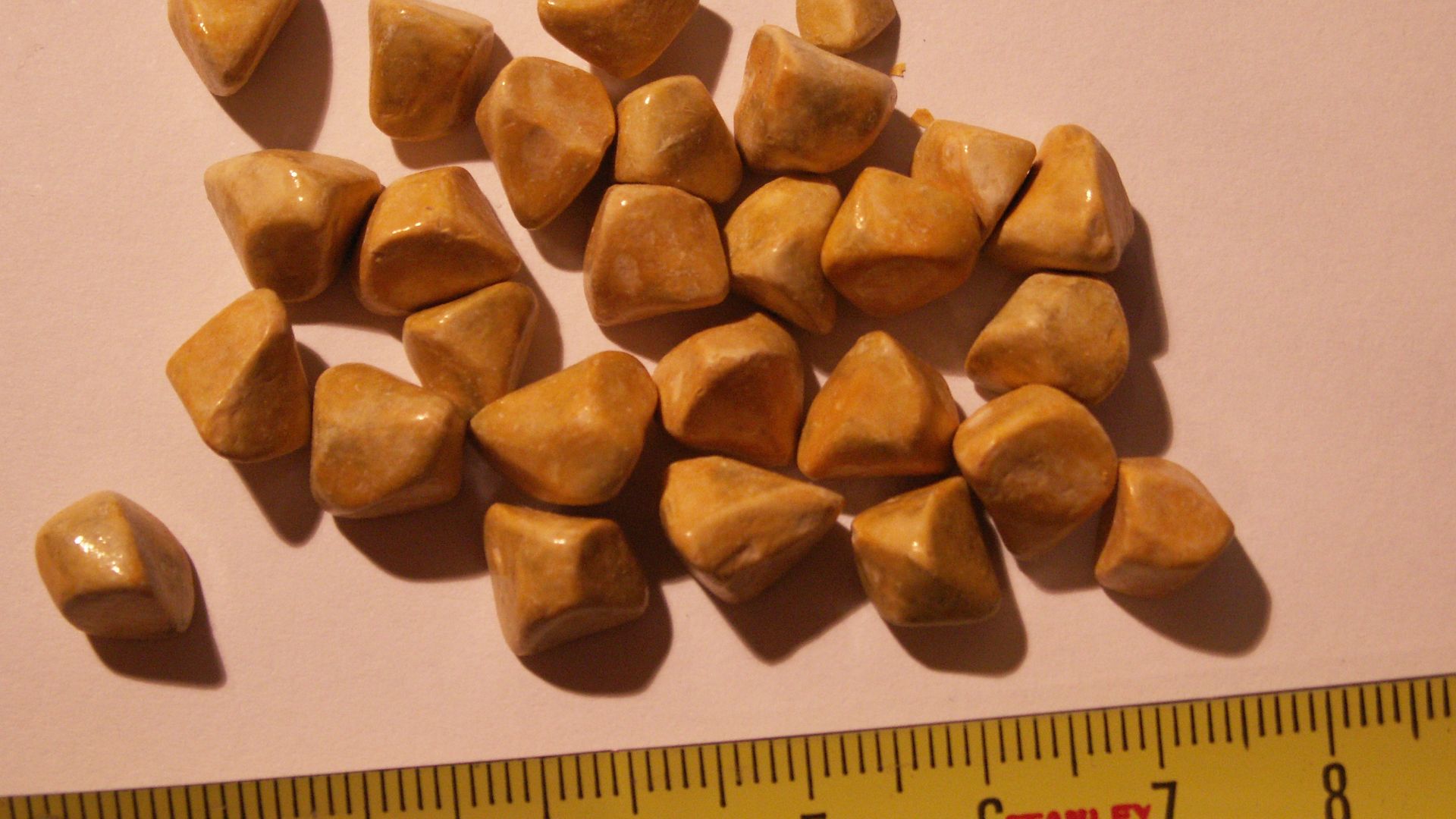 No machine-readable author provided. Stell98 assumed (based on copyright claims). on Wikimedia
No machine-readable author provided. Stell98 assumed (based on copyright claims). on Wikimedia
KEEP ON READING

The Best Things To Drink To Curb Your Cold

20 Grocery Stores Ranked By Their Hot Menus





